Housing authority seeks $900K for home rehabilitation program in Gill, New Salem
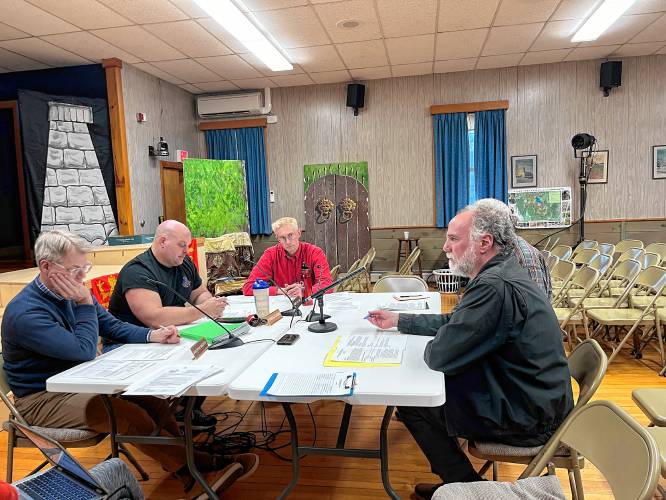
Gill town officials and Brian McHugh, community development director at the Franklin County Regional Housing & Redevelopment Authority, discuss an application for $900,000 that would be used to preserve or rehabilitate homes to meet building and sanitary codes, and to improve accessibility. STAFF PHOTO/ERIN-LEIGH HOFFMAN
|
Published: 03-11-2025 3:55 PM
Modified: 03-11-2025 5:12 PM |
GILL — The Franklin County Regional Housing & Redevelopment Authority is applying for $900,000 that would be used to preserve or rehabilitate homes in Gill and New Salem to meet building and sanitary codes, and to improve accessibility.
The application, for Community Development Block Grant funding, will be sent to the Executive Office of Housing and Livable Communities. Brian McHugh, community development director at the housing authority, visited Gill Town Hall on Monday to discuss the grant opportunity that originally included Gill, New Salem and Shutesbury, but Shutesbury was taken off the application due to conflicts with staff availability and timing to assemble information by the April 14 deadline.
“This is a program that we’ve been running since the early ’80s,” McHugh explained. Gill has been included in 11 grant applications since 1982. “It benefits low- and moderate-income residents in each of the towns.”
These funds, which the housing authority is applying for on behalf of the two towns, are used to target specific housing rehabilitation efforts under federal guidelines. Money is awarded to the state Executive Office of Housing and Livable Communities by the U.S. Department of Housing and Urban Development.
There are six homes in Gill and six homes in New Salem on a waiting list for the housing rehabilitation program, but only nine can be covered due to the limits of how much can be applied for in the request. Gill and New Salem are seeking a total of $900,000.
The housing rehabilitation program offers eligible households 0% deferred-payment loans of up to $70,000. The loan for these home improvements will be forgiven over 15 years if the resident remains in their house as their primary residence for that entire time.
McHugh explained the funding is not intended to be used for remodeling projects, but rather to update homes to meet modern building and sanitary codes, be marked for historic preservation or improve accessibility.
“The program is basically meant to correct code violations, so we do everything from septic systems, wells, lead paint remediation, windows, roofs, siding, electrical repairs, plumbing repairs,” McHugh said. “This is not a remodeling program. We can’t expand the footprint of a house unless it’s for accessibility modifications.”
Article continues after...
Yesterday's Most Read Articles
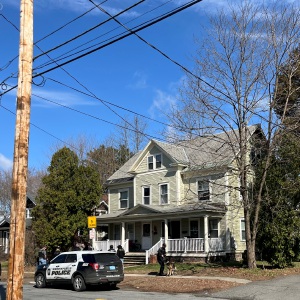 Two arrested on drug trafficking charges in Greenfield
Two arrested on drug trafficking charges in Greenfield
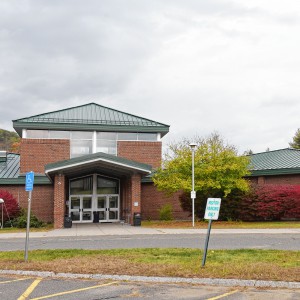 Berkshire DA says no crime occurred in student-officer relationship at Mohawk Trail
Berkshire DA says no crime occurred in student-officer relationship at Mohawk Trail
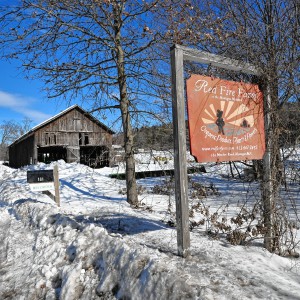 Four Red Fire Farm workers arrested as part of ICE operation in Springfield
Four Red Fire Farm workers arrested as part of ICE operation in Springfield
 Incandescent Brewing now open in Bernardston
Incandescent Brewing now open in Bernardston
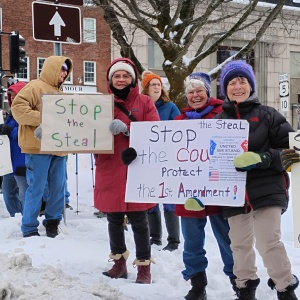 Local ‘Hands Off!’ standouts planned as part of national effort
Local ‘Hands Off!’ standouts planned as part of national effort
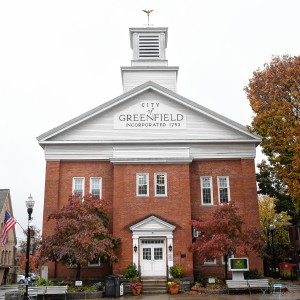 Proposed ordinance would make Greenfield a ‘sanctuary city’ for trans, gender-diverse people
Proposed ordinance would make Greenfield a ‘sanctuary city’ for trans, gender-diverse people
Of the $900,000 request, $630,000 will be used for home rehabilitation. The remaining $270,000 will cover administrative costs, inspections and environmental reviews, among other uses. It’s estimated the application process and home repairs will take two years.
Gill Town Administrator Ray Purington was chosen to be an environmental review officer as part of the process. He’ll be tasked with preparing an environmental checklist for the housing projects.
One concern that McHugh raised during Monday’s public hearing was about the possibility of HUD not providing funding for Community Development Block Grants if the proposed staff cut at HUD’s Office of Community Planning and Development from 936 employees to 150 becomes a reality. Though the proposal did not pertain to a funding cut, it is unclear how a staff cut might impact when the money gets dispersed to the states.
“It’s assuming anybody at the federal level actually presses ‘send money,’” Gill Selectboard Chair Greg Snedeker quipped.
Erin-Leigh Hoffman can be reached at ehoffman@recorder.com or 413-930-4231.






 Greenfield High School brings back full-length productions with ‘Robin Hood’
Greenfield High School brings back full-length productions with ‘Robin Hood’ Literacy Project celebrating 40 years of education
Literacy Project celebrating 40 years of education River Rat Race returns for 60th year on April 12
River Rat Race returns for 60th year on April 12
